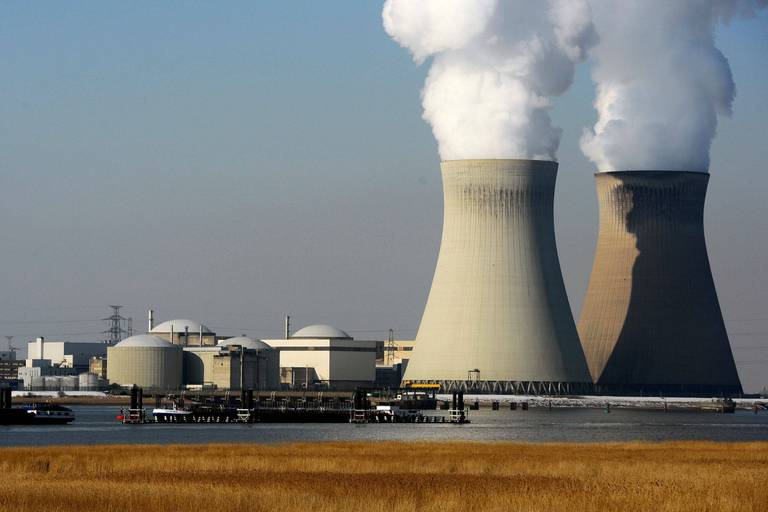Belgian Prime Minister Alexander De Croo, in an interview with Belgian radio station RTBF on 7 March, has suggested that Russia's invasion of Ukraine could lead to a rethink of the government's decision to phase-out nuclear energy.
At present, nuclear energy accounts for around 38% of Belgium’s electricity generation. In an agreement signed on 23 December, Belgium’s ruling coalition put forward a proposal to abandon nuclear energy by 2025. The government had decided upon an 18 March deadline to make a final decision on the proposal.
However, Russia’s invasion of Ukraine presents a new obstacle to the government's plans. The invasion has seen energy prices soar across Europe, with fears that the supply of natural gas and oil from Russia may be disrupted as a result of Western sanctions or Russian counter-sanctions.
Natural gas: less eco, more expensive
The price of natural gas hit new all-time highs on Monday, reaching above €240 per megawatt hour on the Dutch TTF gas futures index.
Part of Belgium’s transition away from nuclear energy would involve a heightened reliance on natural gas for energy production. The European Union’s “Green New Deal” envisages using natural gas as a “transitional fuel” towards cleaner energy sources.
The Belgian Government has already given the green light to the construction of several gas power plants, intended to make up the energy deficit from Belgium’s nuclear phase-out. Rapidly rising gas prices put these plans in jeopardy by forcing Belgium to buy expensive fossil fuels instead of using cleaner nuclear energy.
"The current situation is a lot different than when we made the decision at the end of December,” De Croo said. Back then, the price of natural gas was around €145, just over half of what it is now.
Related News
- Nuclear exit: Federal energy regulator raises concerns for energy security
- Russia says it is still delivering gas to Europe, via Ukraine
- Permits granted for gas power plant in Manage, Wallonia
The government’s agreement stipulates that Belgium’s nuclear phase-out is subject to several key factors.
“At the end of December, we said: we will look at the two elements which are in the government agreement (energy security and the price of energy.) We also added geopolitical context as a condition,” De Croo stated.
Russia’s destabilisation of global energy markets has now radically altered the European energy market. The Belgian Prime Minister recognised that recent events had now brought the agreement into question.
“The geopolitical situation has completely changed,” De Croo warned. The Belgium coalition government may now instead choose to extend the life of Belgium’s two newest reactors, namely Doel 4 and Tihange 3.
De Croo noted that while recent tensions were likely to have an impact on the government’s decision, he assured that the role of Russian gas in the Belgium energy market is “not very important.”

